Vent-A-Hood Owners - Is Your 22 Gauge Rangehood too thin?
vivi68
12 years ago
Featured Answer
Comments (10)
elyash
12 years agoantiquesilver
12 years agoRelated Professionals
Georgetown Kitchen & Bathroom Designers · West Virginia Kitchen & Bathroom Designers · Williamstown Kitchen & Bathroom Designers · South Farmingdale Kitchen & Bathroom Designers · Blasdell Kitchen & Bathroom Remodelers · Charlottesville Kitchen & Bathroom Remodelers · Gardner Kitchen & Bathroom Remodelers · Hunters Creek Kitchen & Bathroom Remodelers · Newberg Kitchen & Bathroom Remodelers · Panama City Kitchen & Bathroom Remodelers · Sioux Falls Kitchen & Bathroom Remodelers · National City Cabinets & Cabinetry · Riverbank Cabinets & Cabinetry · Vermillion Cabinets & Cabinetry · Harmony Plumbersclinresga
12 years agovivi68
12 years agoantiquesilver
12 years agovivi68
12 years agoTrevor Lawson (Eurostoves Inc)
12 years agokaseki
12 years agokaseki
12 years ago
Related Stories
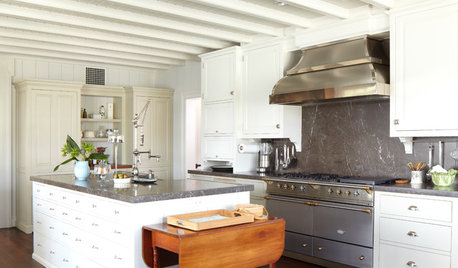
KITCHEN DESIGNHow to Find the Right Range for Your Kitchen
Range style is mostly a matter of personal taste. This full course of possibilities can help you find the right appliance to match yours
Full Story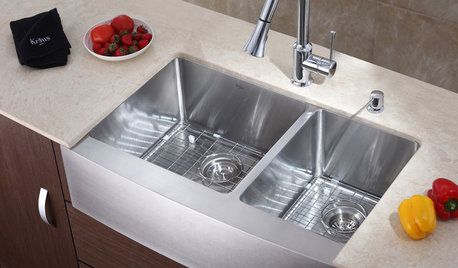
MOST POPULAR8 Little Remodeling Touches That Make a Big Difference
Make your life easier while making your home nicer, with these design details you'll really appreciate
Full Story
HOUZZ CALLShow Us the Best Kitchen in the Land
The Hardworking Home: We want to see why the kitchen is the heart of the home
Full Story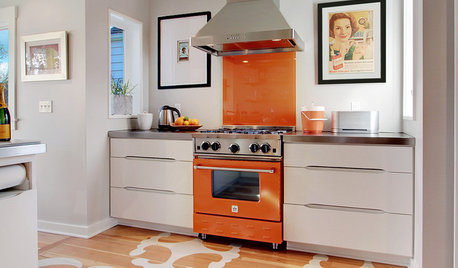
HOUSEKEEPINGHow to Clean Your Range and Oven
Experts serve up advice on caring for these kitchen appliances, which work extra hard during the holidays
Full Story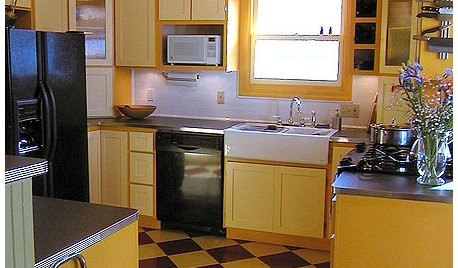
KITCHEN DESIGNKitchen Remodel Costs: 3 Budgets, 3 Kitchens
What you can expect from a kitchen remodel with a budget from $20,000 to $100,000
Full Story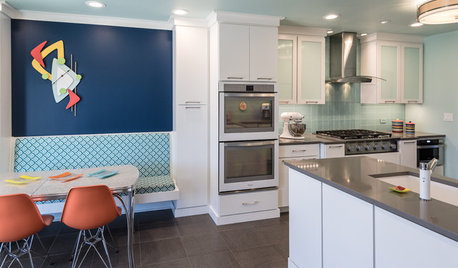
KITCHEN OF THE WEEKKitchen of the Week: Fans of Traditional Style Go For a ‘Mad Men’ Look
The TV show inspires a couple to turn their back on the style they knew and embrace a more fun and funkier vibe in their kitchen
Full Story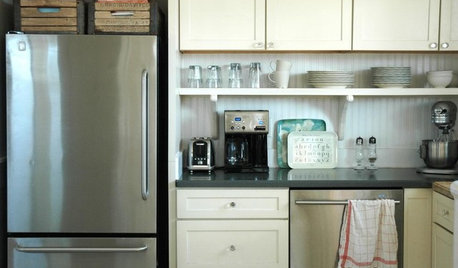
KITCHEN DESIGNTrick Out Your Kitchen Backsplash for Storage and More
Free up countertop space and keep often-used items handy by making your backsplash more resourceful
Full Story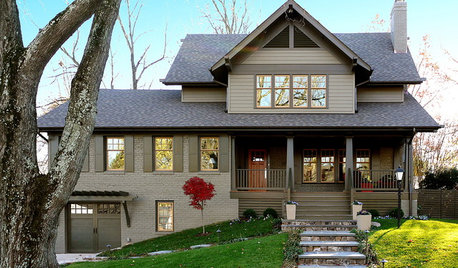
REMODELING GUIDESHouzz Tour: Turning a ’50s Ranch Into a Craftsman Bungalow
With a new second story and remodeled rooms, this Maryland home has plenty of space for family and friends
Full Story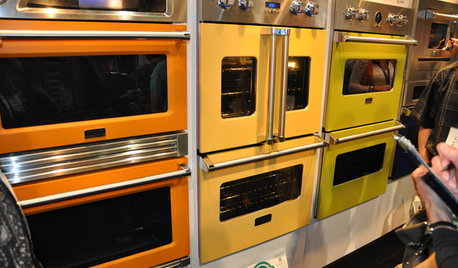
KITCHEN DESIGNStandouts From the 2014 Kitchen & Bath Industry Show
Check out the latest and greatest in sinks, ovens, countertop materials and more
Full Story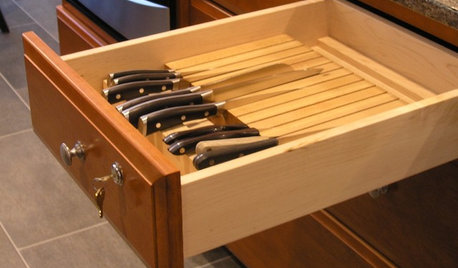
REMODELING GUIDESFrom the Pros: 8 Reasons Kitchen Renovations Go Over Budget
We asked kitchen designers to tell us the most common budget-busters they see
Full Story





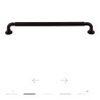
Trevor Lawson (Eurostoves Inc)